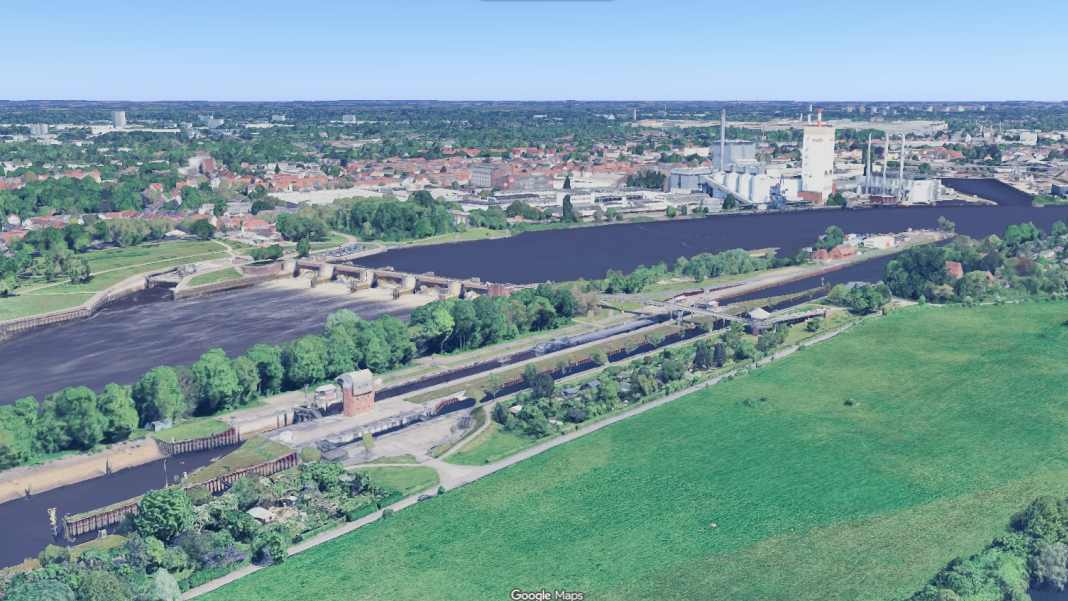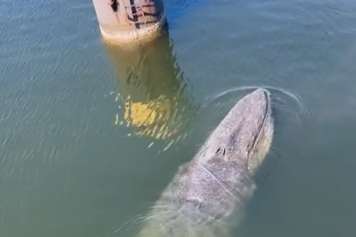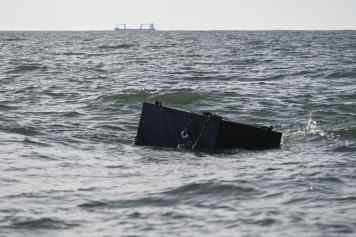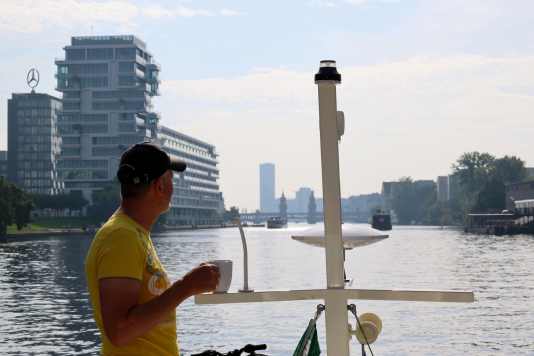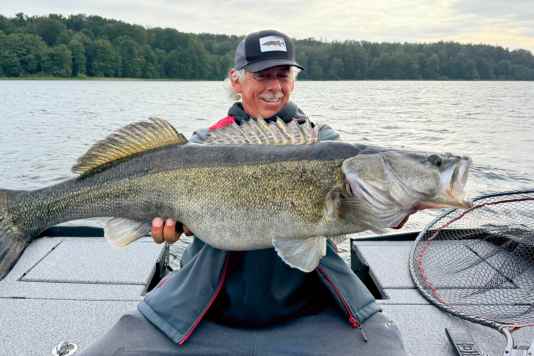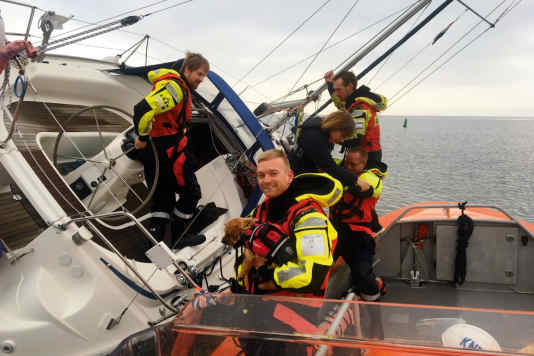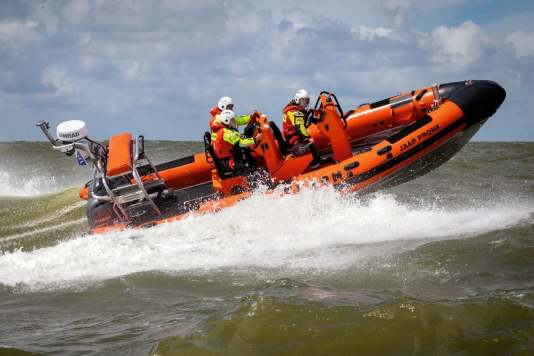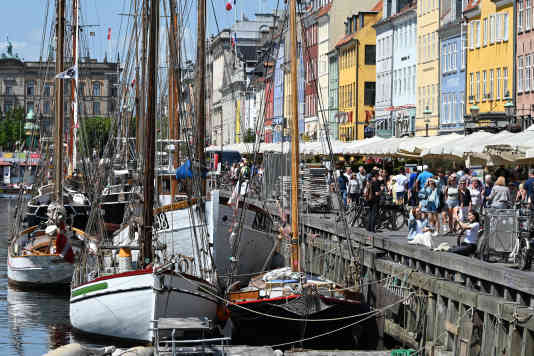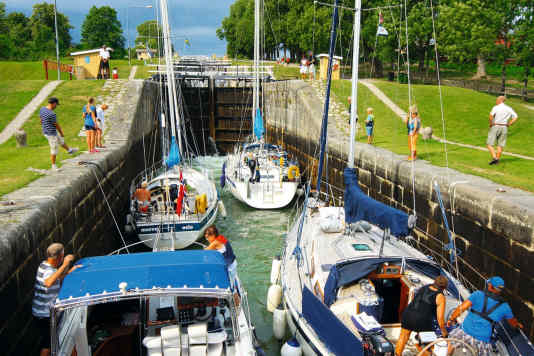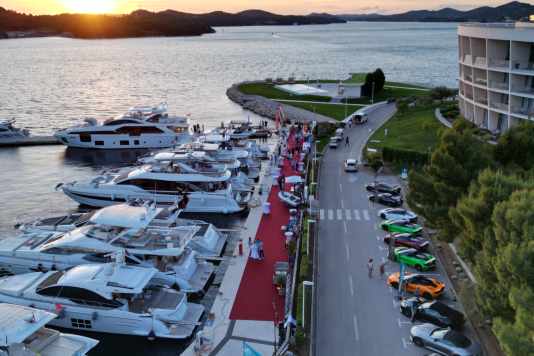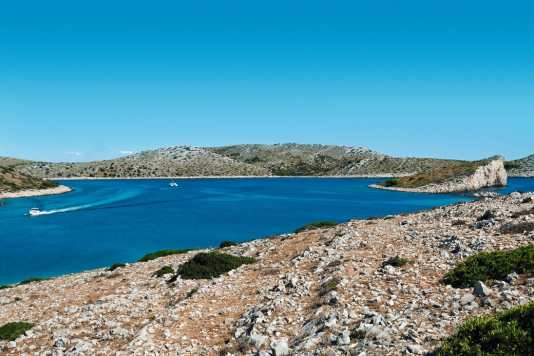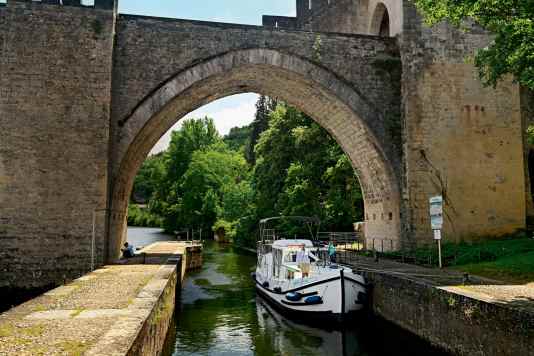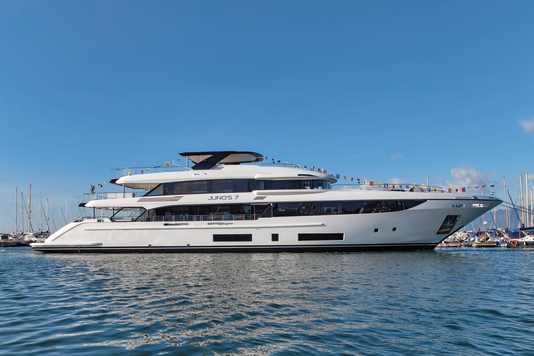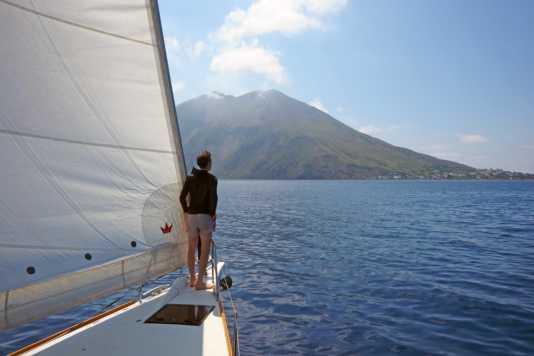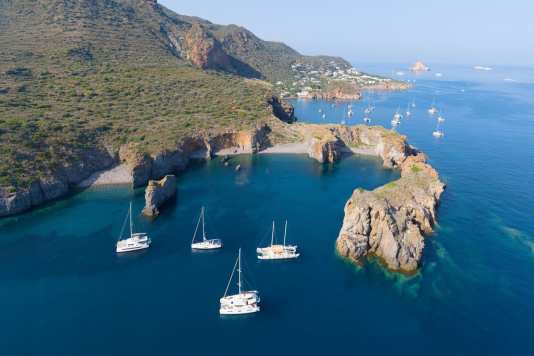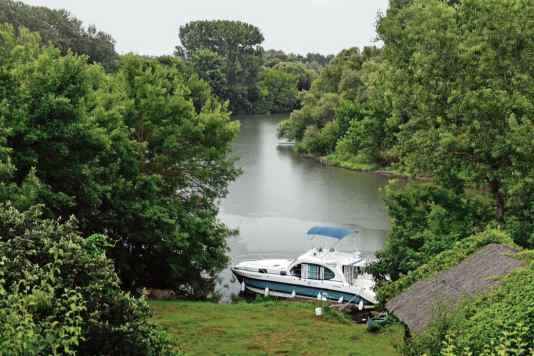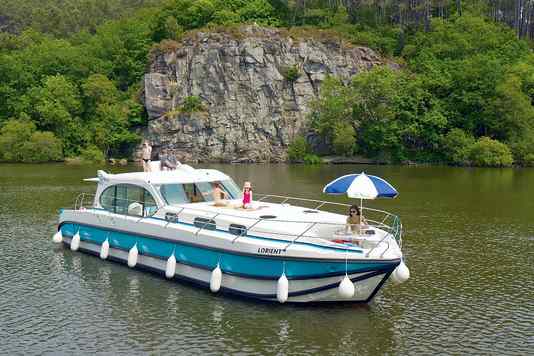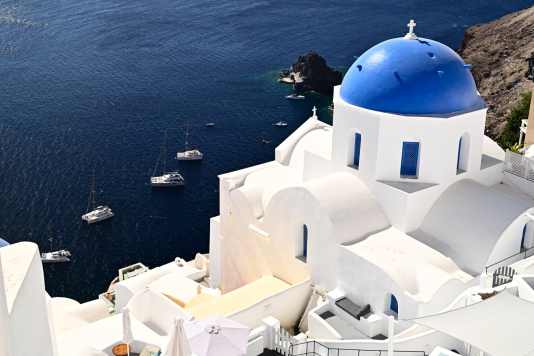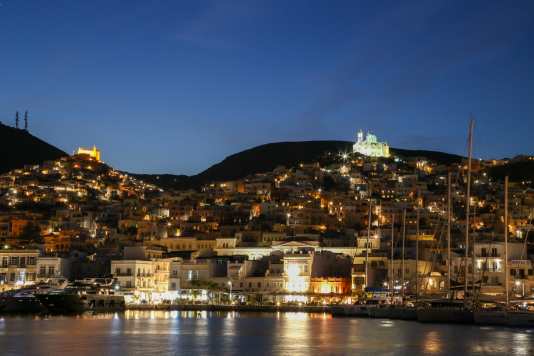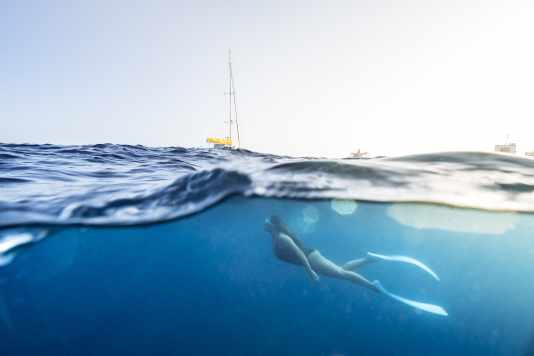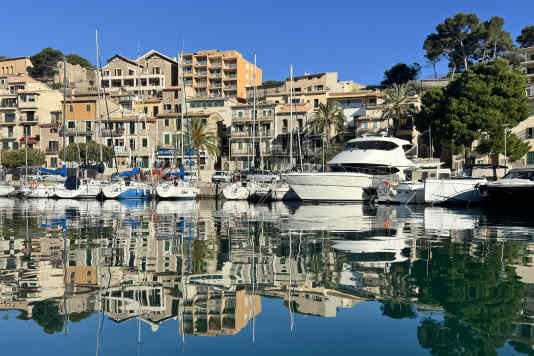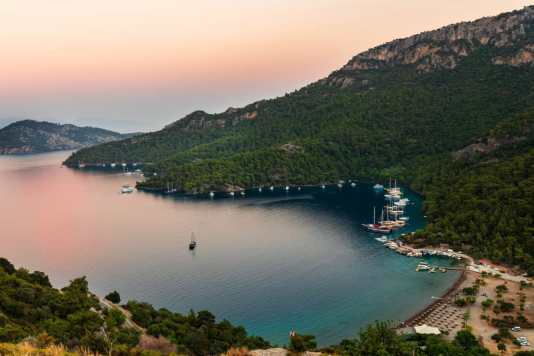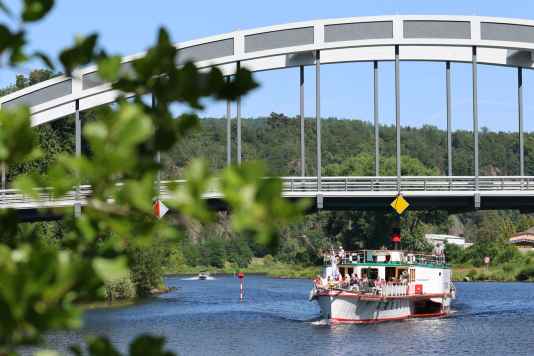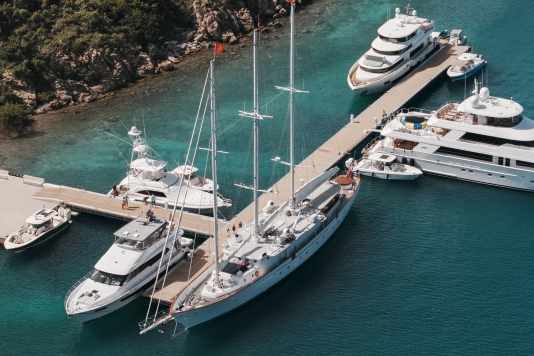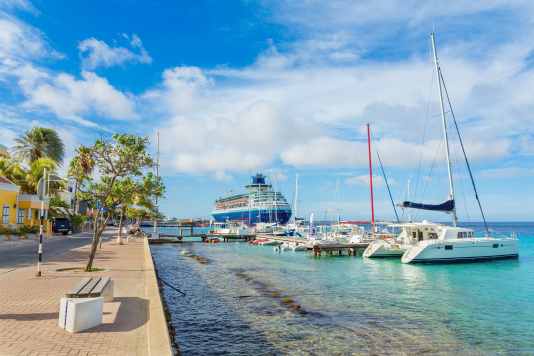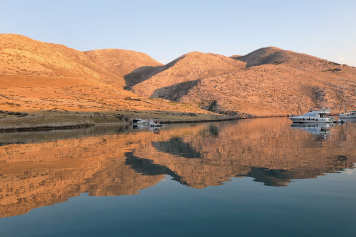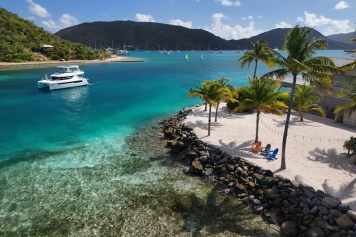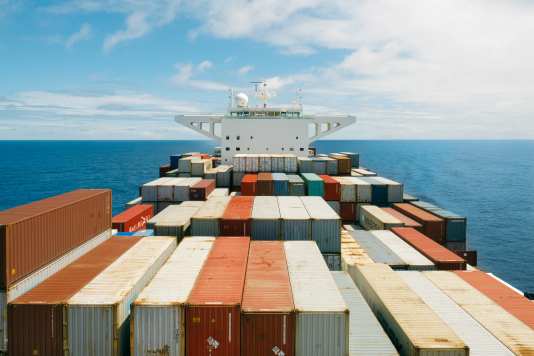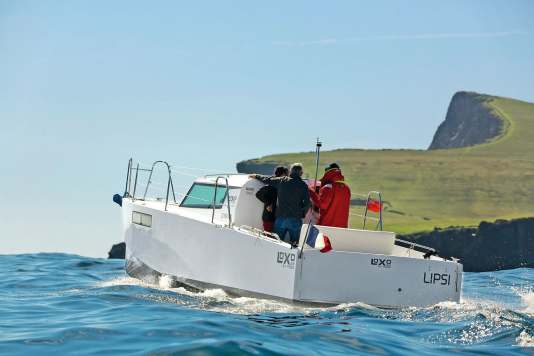Reviere: Discover the world from the water
The choice of cruising area is one of the central questions when planning a boating holiday. The possibilities seem almost limitless: lakes, rivers and coasts at home and abroad offer a wide variety of landscapes, climates, sights, challenges and advantages.
Information is a prerequisite for successful trip planning. Only those who have a certain knowledge of the area can assess whether a cruising area suits their needs and abilities. Where do you encounter which landscapes? What navigational difficulties do the different areas present? Where can you expect the most modern and seamless infrastructure, and where are you travelling away from the tourist crowds? BOOTE. answers these and many other questions.
The choice of hunting ground: what you should consider
No matter how marvellous the sunsets and coastal landscapes may be, if the boating area does not suit your needs and abilities, the Journey can turn into a flop despite dream backdrops and costs in the five-figure range. After all, the conditions on the water are more important than the sights on land - because that's where you'll be spending most of your time. The choice of cruising area should therefore depend on the following factors:
- Own skills
- Whether you are in possession of a recreational boating licence
- Available berths (size, price, availability)
- Travelling (costs, duration, type)
- Whether you own your own boat or charter would like to
- Number of people on board
- Desired type of boat (houseboat, glider, trolling boat, electric boat, ocean-going motor yacht, catamaran, sailing boat, etc.)
- Budget
- Duration of the trip/ flexibility regarding travel period
- Season
- Whether children are present or not
- Willingness to deal with cold, precipitation and rough seas
- Prioritise land-based activities (city, nature, gastronomy, culture, shopping, etc.)
- Favourite landscapes
- Existing infrastructure for pleasure craft
Favourite hunting grounds and their characteristics
BOOTE presents the most popular areas in Germany and Europe. But real insider tips and exotic destinations overseas are also mentioned in the destination recommendations.
Germany
Baltic Sea, North Sea, Lake Constance - but our home country has a lot more to offer than the (Swabian) Sea. Between the south and the north, thousands of kilometres of waterways meander through Germany. And water sports enthusiasts can also pursue their hobbies on countless lakes. It is not absolutely necessary to trailer your own boat across the country to get to know the various inland and coastal waters. There are numerous charter bases along the shores that hire out motorboats.
The Mecklenburg Lake District is particularly popular with beginners and families. The relatively sluggish houseboats that are often used there can be steered without a licence. Instead, you receive a so-called charter licence after instruction.
Due to their limited size, lakes are often more suitable for day trips than for holidays lasting several days. This is not the case with Lake Constance, which, with its huge size, certainly has what it takes to be a holiday destination. However, if you want to sail on Lake Constance with a boat with a power of more than 4.4 kilowatts, you need a Lake Constance skipper's licence A.
Even if the coastal areas are by no means all that Germany has to offer in terms of sailing areas, they should not go unmentioned. The North Sea and Baltic Sea are very different areas, each with their own unique characteristics. However, it is not just the waters themselves that have their own peculiarities, but sometimes also the navigation rules in national parks such as the Wadden Sea or the Vorpommersche Boddenlandschaft. Those who choose the shipping lanes along the German coasts as their sailing area should not necessarily be novice boaters.
Croatia
The Croatian Adriatic coast is the motorboat and sailing Eldorado par excellence. It not only offers fantastic conditions on the water, but also a modern and extensive infrastructure on land. ACI (Adriatic Coast International Club) operates numerous marinas along Croatia's coast with extensive facilities and high standards. Berths in the ACI marinas can be easily reserved using an app.
Southern Mediterranean
The Mediterranean coasts of Italy, Greece, France and Spain are very popular with boaters. Islands such as the Balearic Islands, Sardinia, Sicily and the diverse Greek archipelago also promise unforgettable holiday experiences. The Mediterranean region is diverse and offers the right area with the right moorings for almost every requirement.
France, the Netherlands and Hungary
It is precisely because of these dream conditions that so many people want to go south - and many Mediterranean coasts are correspondingly crowded in the summer months. Those who don't go where everyone wants to go may not have a "good weather guarantee", but they do have numerous other advantages. More or less lively rivers, canals and lake landscapes also await boat travellers in France, the Netherlands and Hungary. The Loire Canal, the Danube, the water landscapes of Friesland or the Veerse Meer - mainland Europe has so many exciting areas to offer.
Scandinavia
Scandinavia's water landscapes are a little cooler, but uniquely beautiful and almost unspoilt in places. Island and archipelago worlds, fjords, countless lakes between forests - Scandinavia is pure adventure and nature, paired with an exemplary infrastructure, including for electric boats.
Adventures worldwide
Can it be more than the classic holiday? A holiday on the water is something special in itself - but it can be even more adventurous! BOOTE also has the right input for Atlantic crossers and ocean travellers.
Where water meets land: marinas
No matter which area you have chosen, you should always keep an eye on the Marinas that are available there.
- What infrastructure do they have?
- Are there electricity and water connections at the jetty?
- Is it possible to fill up with fuel and dispose of waste water?
- Is the marina monitored and fenced in? Are there leisure activities, catering and shopping facilities?
- And, very importantly, are there any berths available?
Where to get the information: Territory guides and other sources
But where do you get the necessary information about the hunting grounds? Nowadays, research usually starts on the Internet. Here you can look at the websites of marinas, charter companies, tourism associations or blogs by motorboat travellers. The ADAC website is a reputable source that provides extensive information about the area. Of course, BOOTE also provides numerous articles on possible routes and destinations on the water.
If you have already decided on a cruising area, you can buy the corresponding cruising guide in paper form. Nowadays, cruising and area guides are no longer only available as analogue manuals. Apps, software and websites also provide some of the information that a skipper needs about the sailing area. It definitely makes sense to have nautical charts and an area guide in paper form as a back-up to digital navigation tools.
Territory studies for beginners
There is a lot to consider for beginners in the motorboat sector. What has long since become routine for experienced skippers may still be a challenge for some newcomers. As a general beginner or beginner in a particular area, you should therefore prepare yourself particularly well - and first weigh up whether the desired area suits your own abilities at all.
The following circumstances pose particular difficulties for beginners:
- Flow
- Commercial shipping
- Locks
- Tidal range
- Strong wind
- Sea state
The perfect area for beginners should therefore be as free of these characteristics and obstacles as possible. Inland waters in Mecklenburg-Western Pomerania and Brandenburg, for example, are suitable. However, France and the Netherlands also offer similarly calm, easy-to-navigate inland waters. In addition to choosing the right area, beginners should also prepare thoroughly for their trip.
Rivers and canals: Inland waterways for every taste
Inland waterways present completely different challenges to the sea. While orientation and navigation in coastal waters can only take place using GPS and compass, in rivers and canals you can always see the shore and have little chance of losing your bearings. Inland waterways present other difficulties. For small vessels, it is mainly the locks that have to be passed through again and again. Larger boats or ships also have to consider their own dimensions with draught and height when planning their route so as not to collide with obstacles such as bridges or run aground. Not every waterway is suitable for every type of boat.
A day at the lake - or a whole week?
Most inland lakes are completely free of locks, bridges, swell and other obstacles. However, due to their limited size, not all of them are suitable as holiday destinations. However, some are large enough to spend several days or a whole week on.
Inland lakes can also be easily explored on day trips. You can choose your "home base" on the mainland, make several trips out onto the water and always head for different destinations. BOOTE explains which inland lakes are particularly suitable for certain purposes: culture, nature, crystal-clear water, mountain scenery, flat beaches or wine tasting.
Territories and their regulations: What applies where?
In addition to generally applicable safety regulations, there are always area-specific ones that you should familiarise yourself with. If you disregard these, you not only endanger yourself, but also other water sports enthusiasts. Animals, plants and the environment must also be protected by certain regulations.
You should therefore find out in advance what rules apply in the area you want to go waterskiing in. Are you allowed to water ski there? What speed limits and exhaust emission standards apply? Is there a special equipment requirement for boats? How must the boat be labelled?
It is too late to answer these questions during the journey - so safety means thorough preparation. Regardless of the area, you should always behave considerately and carefully. Accidents, liability issues, trouble with the water police or other water sports enthusiasts can quickly turn your holiday into a disaster.
Freedom on the water: it's in every boating area
Boat holidays can be adventures, relaxation or both. They whisk travellers away to new worlds and show them a new perspective from the water. Familiar places can be rediscovered in this way.
